21
No. of Vendors
23
No. of Products
11
Verified Products
CHECKOUT OUR LATEST ARTICLE
Products (23)
AI Powered
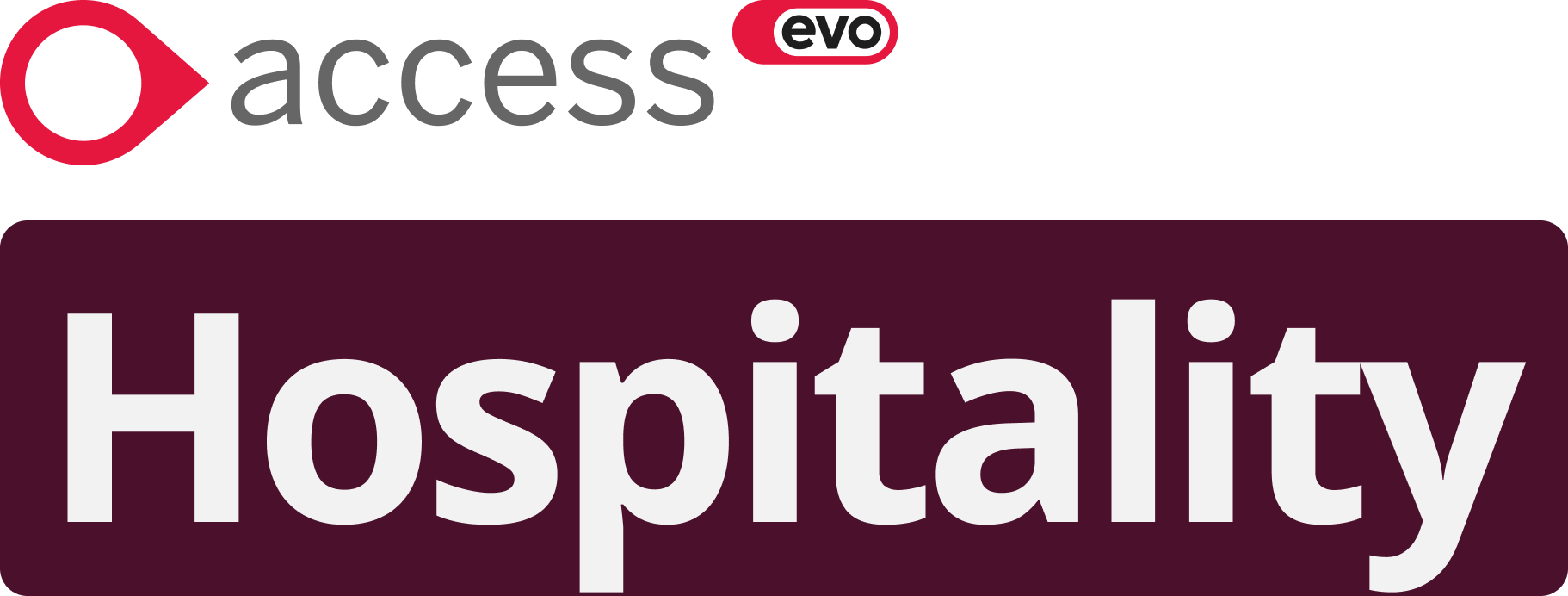
Central Reservation System CRS
by Access Hospitality, The Access Group's hospitality division Vendor verified
Vendor verified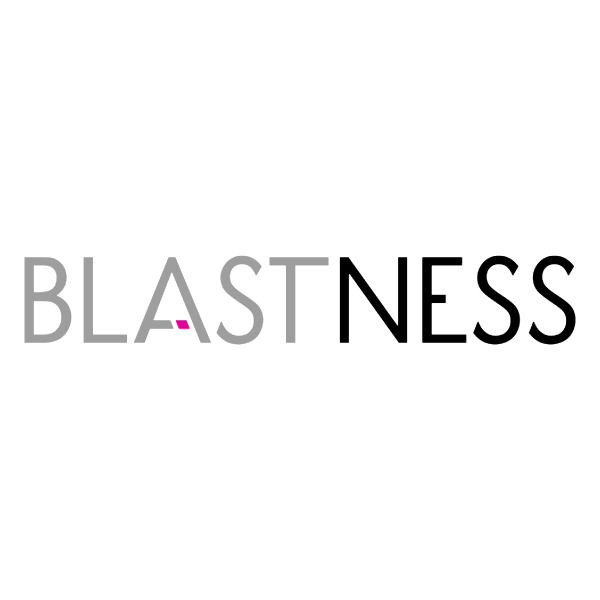
Blastness - CRS
by Blastness Vendor verified
Vendor verified
Cendyn CRS
by Cendyn Vendor verified
Vendor verified-(1).jpg)
Hotelogix Central Reservation Office
by Hotelogix Vendor verified
Vendor verified
Amadeus iHotelier Reservation & Booking Engine
by Amadeus Vendor verified
Vendor verified
D-EDGE - GDS Solutions
by D-EDGE Vendor verified
Vendor verified
D-EDGE - Channel Manager
by D-EDGE Vendor verified
Vendor verified
FX CRS
by IDSNext Vendor verified
Vendor verified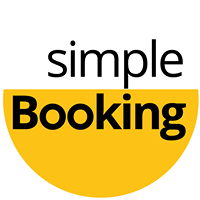
Simple Booking
by QNT Simple Booking Vendor verified
Vendor verifiedCentral Reservation Systems (CRS) for hotels
In the dynamic landscape of hospitality management, Central Reservation Systems (CRS) play a vital role in optimizing hotel operations. CRSs serve as the backbone of a hotel's reservation process, enabling hotels to manage room inventory, rates, and bookings across multiple channels, including OTAs, direct booking engines, and Global Distribution Systems (GDS). By integrating seamlessly with other hotel management software, CRSs ensure that room availability and pricing are consistently up-to-date, providing a smooth and reliable booking experience for guests. Hotels leveraging advanced CRS technology can optimize revenue management, enhance operational efficiency, and maintain rate parity across channels, positioning themselves competitively in the marketplace.
What is a Central Reservation System (CRS)?
A Central Reservation System (CRS) is a centralized platform designed to manage a hotel’s room inventory, rates, and reservations. It is responsible for distributing real-time availability and pricing across various booking channels, ensuring consistency and reducing the risk of overbooking. CRSs are equipped with powerful tools for managing multiple channels, including OTAs (Online Travel Agencies), direct booking engines, and GDS (Global Distribution Systems). Some CRSs also offer advanced features such as dynamic pricing adjustments, data analytics, and integration with other hotel systems like Property Management Systems (PMS) and Channel Managers. By leveraging historical and real-time data, a CRS allows hotels to optimize their pricing strategies and improve overall operational efficiency.
What is the purpose of a Central Reservation System?
The primary purpose of a CRS is to help hotels:
Manage Inventory and Rates: Ensure real-time updates of room availability and pricing across multiple platforms.
Optimize Revenue: Implement dynamic pricing strategies based on demand, market trends, and booking data.
Maintain Rate Parity: Guarantee consistent room rates across all distribution channels, preventing discrepancies.
Streamline Reservation Processes: Provide a centralized platform for processing bookings from all channels.
Enhance Guest Experience: Offer accurate and up-to-date information to guests during the booking process.
What are the key features of a Central Reservation System?
Key features of a hotel CRS include:
Real-Time Inventory and Rate Management: Automatically updates room availability and pricing across all booking platforms.
Channel Distribution: Seamlessly integrates with multiple booking channels such as OTAs, GDS, and direct booking engines.
Reservation Processing: Manages the booking process from initial reservation to guest check-in.
Dynamic Pricing: Adjusts room rates based on demand, market conditions, and competitive analysis.
Reporting and Analytics: Provides insights into booking trends, channel performance, and revenue data.
Customer Data Management: Some CRSs include CRM features for personalized guest services and targeted marketing.
Seamless Integration: Connects with PMS, Channel Managers, payment gateways, and other hotel systems.
How does a Central Reservation System work?
A CRS works by centralizing all room inventory and pricing information into one system, which then distributes this data across various booking channels. The system continuously syncs with OTAs, GDS, and a hotel’s website, ensuring that the information guests see is accurate and up-to-date. For example, when a booking is made on an OTA, the CRS updates the hotel’s room inventory and pricing in real-time, reducing the risk of overbooking. CRSs can also be integrated with other systems like PMS for seamless check-in/check-out processes and channel management systems to keep rates and availability consistent across all distribution channels.
By leveraging dynamic pricing, a CRS allows hotels to adjust their rates based on demand, competition, and historical booking trends. This ensures that hotels can maximize occupancy during slow periods and capitalize on high-demand times. The data collected by a CRS also provides valuable insights for decision-making and long-term strategy planning.
What are the benefits of a Central Reservation System?
Real-Time Inventory Management: Ensures up-to-date room availability across all channels, minimizing booking errors and overbooking.
Rate Parity: Guarantees consistent pricing across distribution platforms, maintaining brand integrity and avoiding discrepancies.
Revenue Optimization: Helps hotels dynamically adjust rates based on market conditions, maximizing revenue potential.
Operational Efficiency: Streamlines the booking process by managing reservations and inventory in a centralized system.
Data-Driven Insights: Provides analytics and reports that assist in forecasting, pricing strategies, and channel performance evaluation.
Enhanced Guest Experience: Offers accurate information and a smoother booking process, improving overall guest satisfaction.
Who should use a Central Reservation System?
A CRS is essential for various stakeholders in the hospitality industry, including:
Hotels and Resorts: To manage inventory and reservations across different booking channels efficiently.
Revenue Managers: For optimizing pricing strategies and ensuring rate parity.
Front Office and Reservations Teams: To access real-time room availability and pricing, facilitating smooth check-in/check-out processes.
Distribution and Marketing Teams: To extend the hotel’s presence across OTAs and GDS while maintaining rate consistency.
Independent and Chain Hotels: Both large hotel chains and independent properties can benefit from centralized control of reservations and inventory.
How does a Central Reservation System interact with other systems?
A CRS integrates seamlessly with several other hotel management systems to ensure smooth operations:
Property Management Systems (PMS): Syncs room availability and reservations, preventing overbooking and ensuring smooth operations.
Channel Managers: Maintains consistent inventory and pricing across multiple OTAs and distribution channels.
Booking Engine: Integrates with a hotel’s website to enable direct bookings with real-time availability.
Global Distribution Systems (GDS): Expands a hotel’s reach by making room inventory available to travel agents and corporate booking platforms.
Payment Gateways: Facilitates secure online payments for bookings made through various channels.
Customer Relationship Management (CRM): Allows hotels to manage guest preferences and data for personalized service and marketing efforts.
Analytics Tools: CRS data can be fed into analytics platforms for insights into booking trends and performance metrics.
Central Reservation Systems (CRS) are an essential tool for hotels aiming to optimize their booking processes, manage inventory and rates in real time, and maintain consistency across multiple booking channels. By integrating seamlessly with other hospitality management systems, CRSs ensure efficient operations, revenue optimization, and a smooth booking experience for guests. Whether you're managing a single property or a chain of hotels, leveraging CRS technology is key to staying competitive and maximizing revenue potential in today's hospitality market.
News (5)
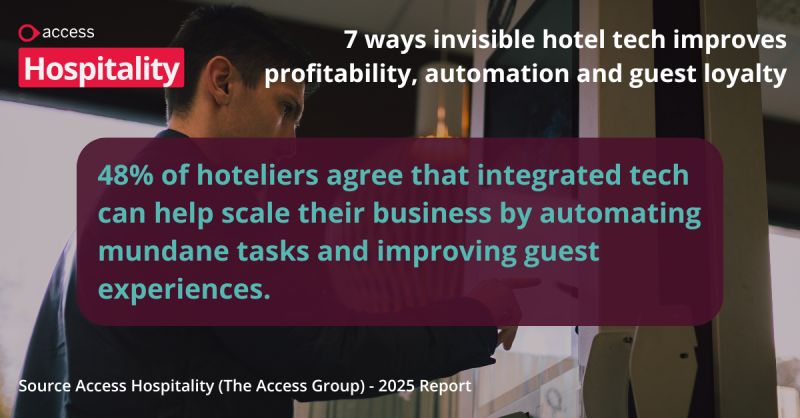
7 Ways "Invisible Tech" is Boosting Hotel Profits

ECKO Hotels & Resorts in India adopts Hotelogix to centralise group management and accelerate portfolio expansion
.jpg)
Hotelogix caps 2025 with strong growth, market leadership, and turns EBITDA positive
.jpg)
Hotelogix caps 2025 with strong growth, market leadership, and turns EBITDA positive

AI in the Middle East: How hotels in the region are becoming intelligent
Blogs (5)
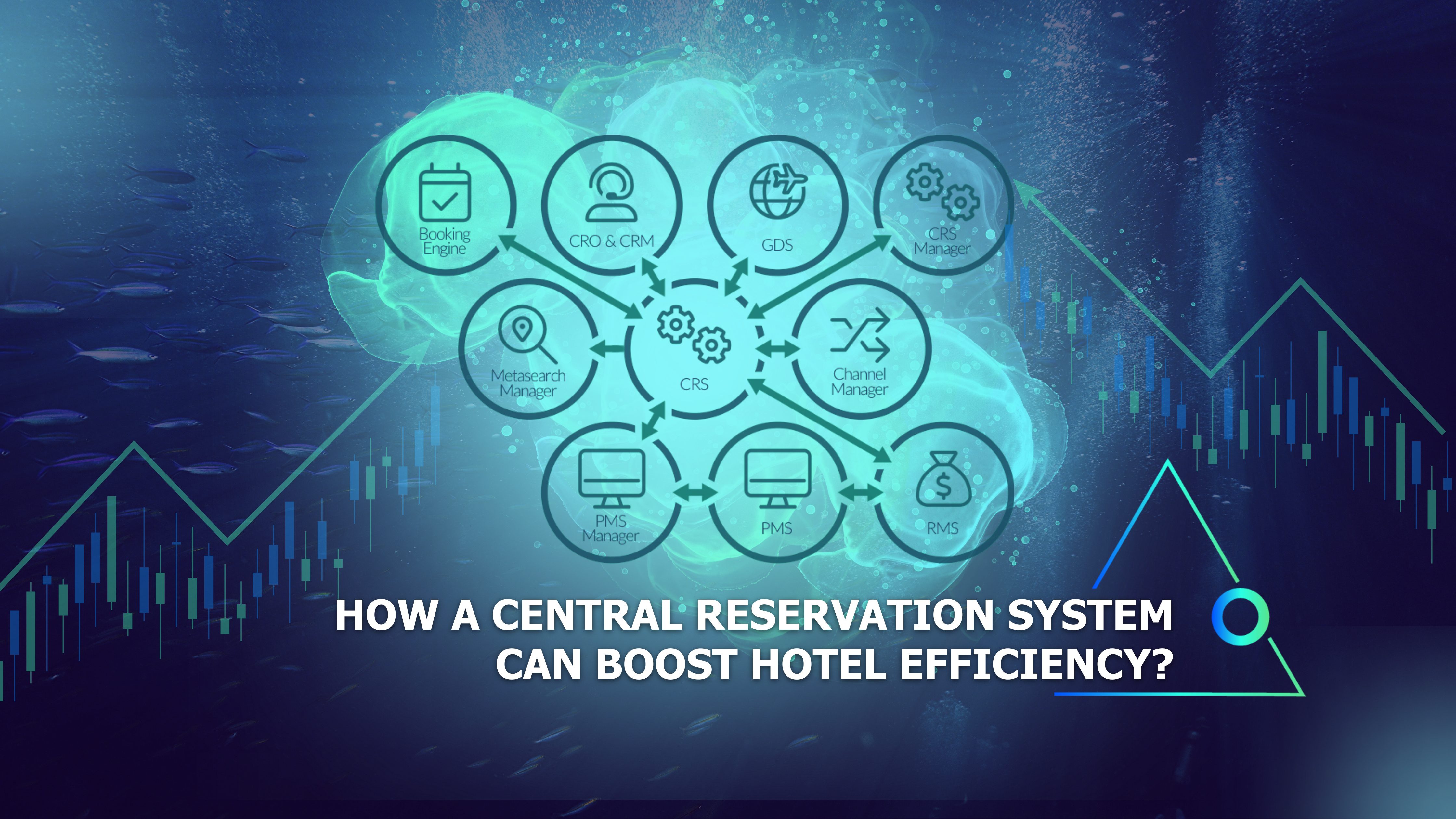
Boost Hotel Efficiency with a Central Reservation System (CRS)

Disruptive Trends & the Future of Hospitality

The Impact of Hotel CRM on Customer Loyalty
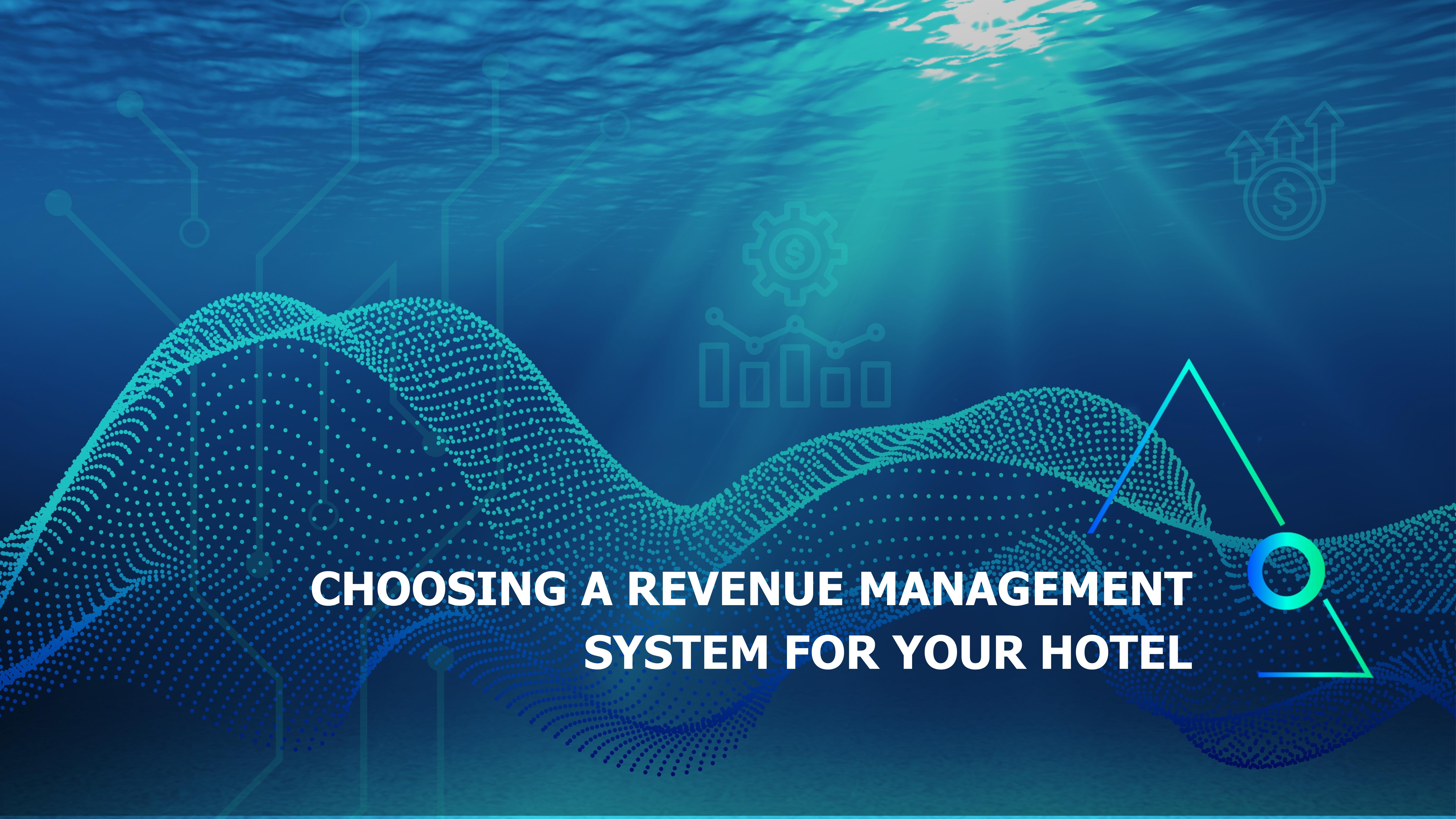
Choosing a Revenue Management System for Your Hotel
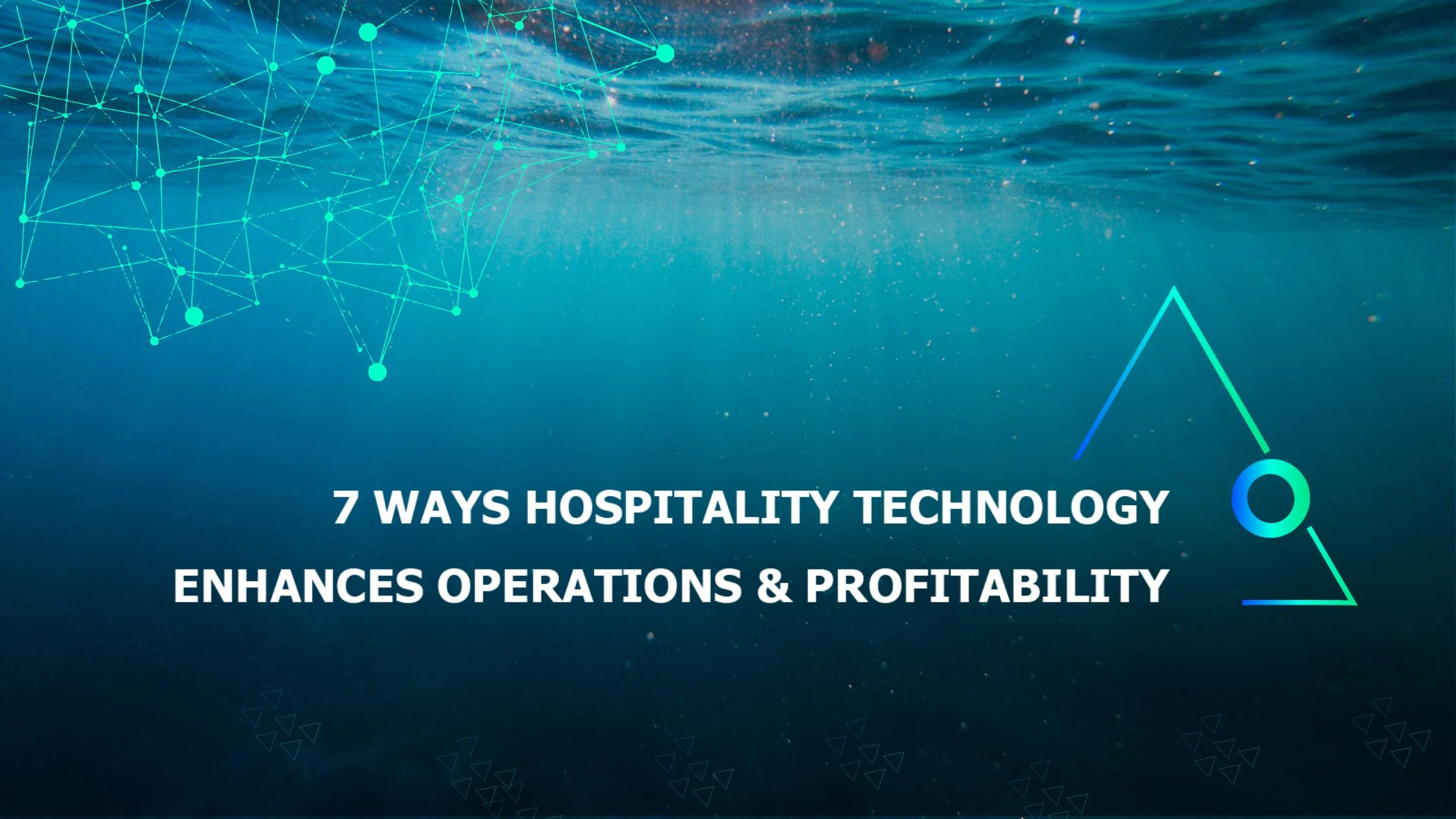
7 Ways Hospitality Technology Enhances Hotel Operations & Profitability